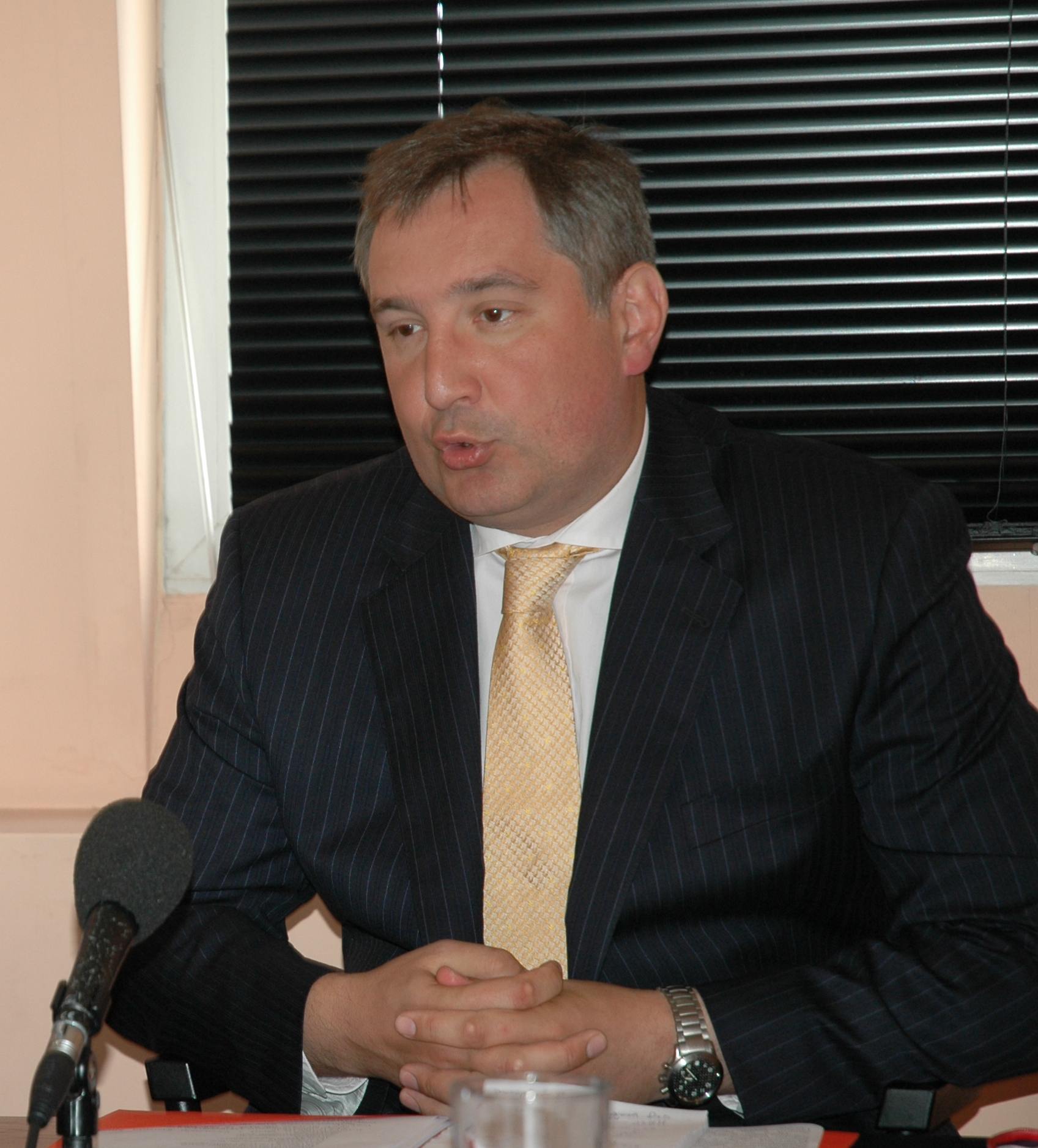Warning ! We demilitarize

(BRUSSELS2) How to stop the demilitarization of Europe, this is the meaning of this note from the European think tank EFCR, written by Nick Whitney, a well-known blogger. He was the director of the European Defense Agency after having officiated at the Foreign Office and the British Ministry of Defense where he was in charge, precisely of the NATO and EU department. Based on the last words of Robert Gates before his departure, warning the Europeans, he advocates the establishment of a "Europe Defense Review" to renew their strategic vision for the 21st century before it is too late .
The financial cutter
The financial cut-cut is indeed at work in several countries but in a very variable way. Latvia or Bulgaria have seen their budget melt by more than a quarter, while Poland or Sweden continue to have a growing budget (slightly). But Europeans continue to spend more than Russia and China combined. But no one is afraid of Europe… Paradoxically, the establishment of a foreign policy chief and a diplomatic service has paradoxically been accompanied by a near collapse of European efforts to forge a common defense and security policy. A CSDP "missing in action" during the Libyan crisis.
autism rules
« What is worrying is not so much the budget cuts as the way they are made says Nick. That's to say : " without any attempt at consultation or coordination within NATO or the EU and without looking at the defense capability generated that could result from the sum of these national decisions ". " Such autism suggests a profound lack of analysis of the broader strategic context and reminds us how European defense spending is a mess between unnecessary duplications or the pursuit of objectives that have little to do with equipment. and the effectiveness of the armed forces (such as regional or employment policy, industrial policies, etc.) »
Explaining the motivations of Europeans
But the interest of this note seems to me to lie elsewhere. Nick Whitney sets out first of all to explain: why the Europeans have come to this; why military engagement is always necessary. Its rating is therefore important for both Europeans and Americans who sometimes have trouble understanding our continent. He thus identifies a certain ambient pacifism, the non-result of the interventions in Afghanistan. But above all emphasizes one point: the European does not feel any military threat. " He understands the need for air or sea police. He admires his special forces. He wants his government to have the ability to extract a few citizens off a beach in a civil conflict in Africa. (...) But the European taxpayer is simply not prepared to accept in order to preserve a certain core capacity to spend around 31% of US expenditure or to keep 1,6 million people in uniform ».
A lack of interventionist appetite
The lack of appetite for interventionism is undeniable. It is supported by some past examples. Iraq's intervention without UN support is not a perfect example. As for the intervention in Afghanistan, it does not seem to have given the hoped-for results, at least in public opinion. " four Europeans against only one believe that the intervention in Afghanistan has made their country more vulnerable to terrorism and a clear majority wants to withdraw its troops ". " While many felt it was "a necessary response to 11/XNUMX", its "metastatic extension into a futile 8-year nation-building exercise has " demonstrated at least for Afghanistan that it was not feasible ».

